Compassion without Borders: Fostering Peace between India and Pakistan
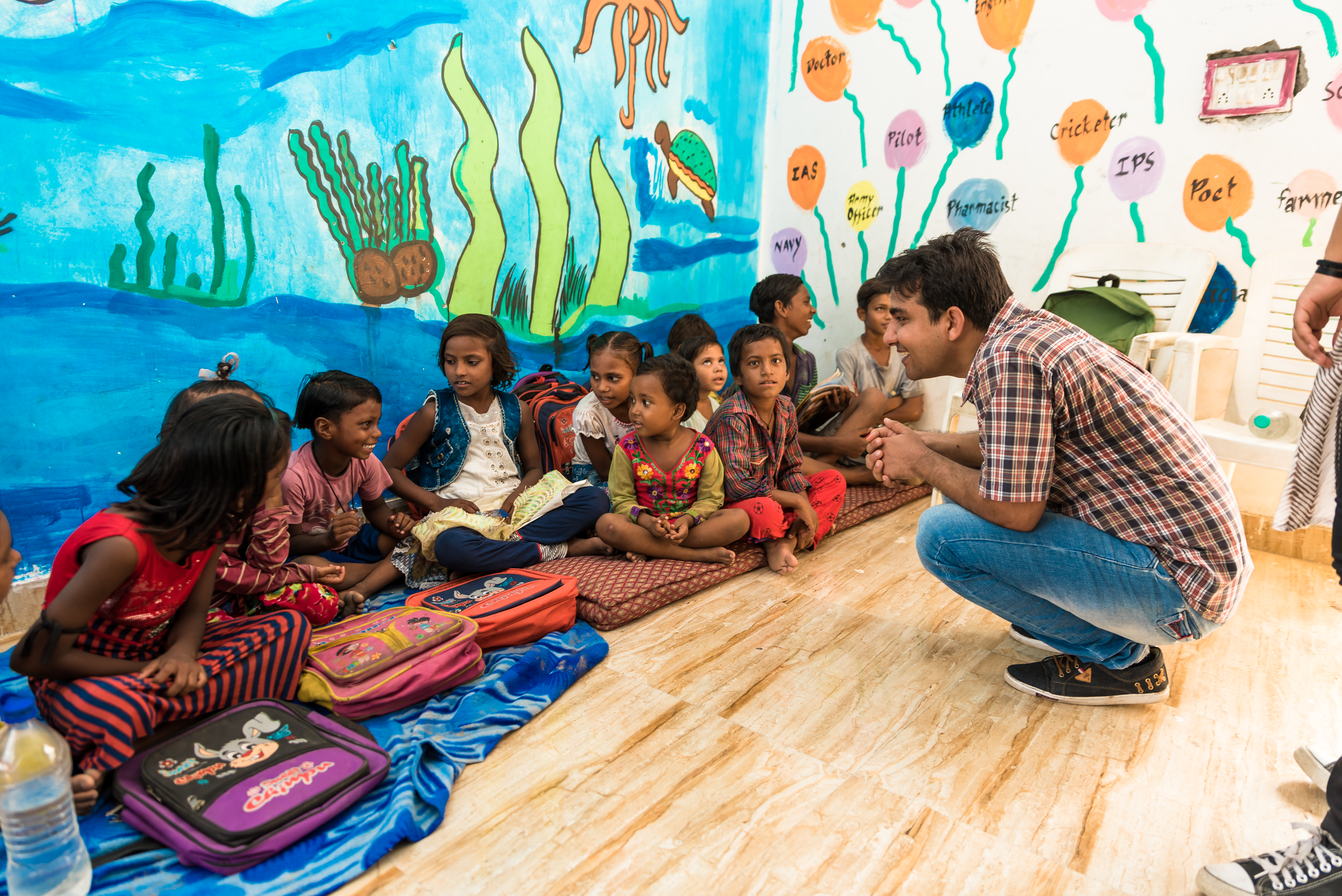
Born into a Hindu Brahman family and raised in a small village in North India, Mridul Upadhyay’s first meaningful connection with Muslims came in 2008 when he enrolled at the central university Jamia Millia Islamia in New Delhi.
“I was 17 and went from having no Muslim friends to living in a hostel with mostly Muslim students and attending a university where nearly all of the teachers were Muslim. That was the first time I started learning about other religions and the power of interfaith dialogue,” he said.
Mridul’s curiosity prompted him to explore the Quran and to fast during Ramadan. Long-held prejudices dissipated as he learned about his new friends’ faith. Little by little, his personal experience became a lifelong mission to promote peace and coexistence.
Mridul co-founded Youth for Peace International (YfPI) in 2015. This network of young peacebuilders uses research, advocacy, capacity building, and direct action to address religious and cultural intolerance, online hate speech, and intractable tensions between India and Pakistan, among other structural issues that stir conflict and prevent peace in and around the region.
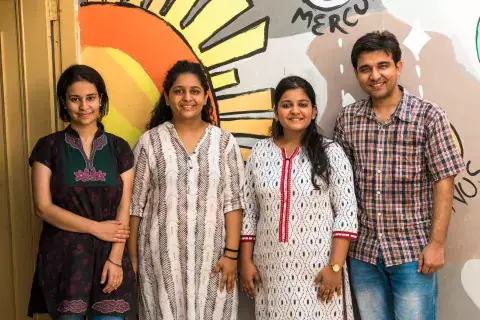
Through their capacity building programmes, the organization has trained nearly 100 youth trainers from 14 countries on conflict transformation and the prevention of violent extremism.
Additionally, YfPI’s flagship community outreach programme provides humanitarian support to a community of 250 Rohingya Muslims who fled persecution in Myanmar and settled in Delhi in 2012.
“We wanted to work with and support this vulnerable community because they don’t get much support,” Mridul said. “So far we have led clothes donation drives for them, organized community clean-up and engagement projects, reached out to corporations and philanthropists to donate food and study materials, and taught children ‘Play for Peace’ methodologies to facilitate trauma healing.”
The reaction to their work has been widely positive, especially among the Rohingya community.
“They really trust us,” Mridul said. “We are young people working without many resources and with many limitations, but we have engaged with them on a very personal level. We come, sit with their children, listen to them, lead trauma healing sessions, whatever is necessary. That has helped us establish credibility in the community. Whenever they face problems, they call us. They trust us to help.”
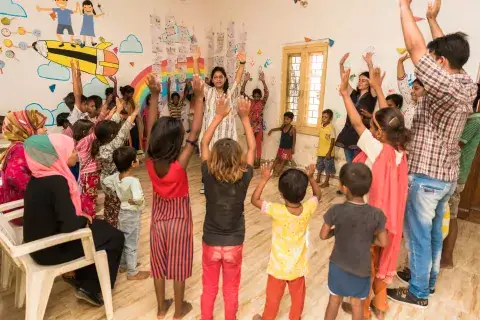
Similarly, much of YfPI’s work focuses on advocacy, partiuclarly for those in vulnerable situations, and preventing rumour-spreading and incitement to violence.
In 2018, false reports circulated that Mridul’s alma mater was teaching anti-Indian ideologies. Mridul and other Hindu alumni knew from their own experiences that these accusations were untrue, so they teamed up to provide an alternative perspective and set the record straight.
“We created an online campaign to defend the university and its teachers, publishing articles and personal narratives about how we as Hindus had studied there and had always felt safe and welcome, and how we had never seen any dangerous or anti-nationalist teaching occur,” Mridul said.
With nearly 10,000 Facebook followers on YfPI’s official page and a team of 30 staff and fellows, their positive message spread quickly, helping to combat the false and damaging rumours.
YfPI also works to dismantle false narratives which are meant to divide Hindus and Muslims and stoke violent tensions with neighbouring Pakistan.
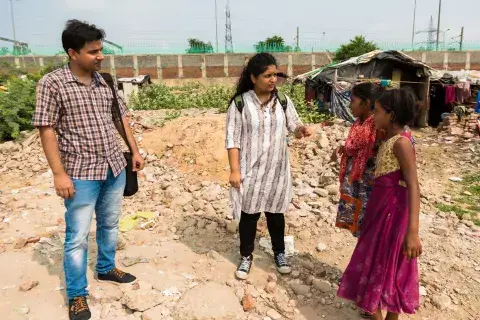
“These kinds of narratives have created fear, Mridul said. A lot of Muslims now say they don’t feel safe in public spaces,” Mridul said. “The origins of these conflicts and of hate often lie in bias and ignorance. Religious intolerance incites and exacerbates extremist violence, so it’s important for us to facilitate dialogue using faith-based belief systems to bring these diverse communities together.”
In 2016 and 2017, YfPI ran an online dialogue and exposure campaign called “Guftagu” (Urdu for “Conversation”) encouraging Pakistanis and North Indians to share photos and memories of local foods, clothes, festivals, music, poetry, and other cultural staples.
“North India and Pakistan share a similar culture -- there are a lot of commonalities. We wanted to emphasise that just because the two countries are divided by religion does not mean that there should be hatred between them,” Mridul said.
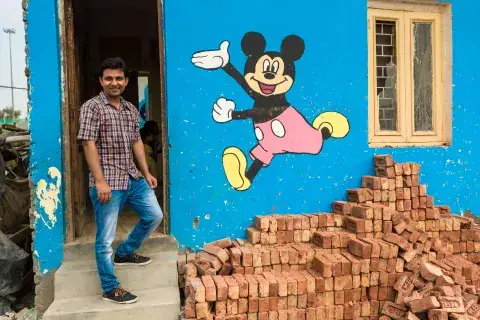
YfPI is planning another campaign called “Sarhad Ke Paar” (Urdu and Hindi for “Across Borders”) that will encourage young Indians and Pakistanis who have visited each other’s countries to discuss prejudices they held before their trips and how their experiences across the border changed their perspectives in positive ways.
YfPI is now creating a values-based curriculum for government schools that will emphasise the benefits or interreligious and intercultural dialogue in promoting respect, compassion, trust, gratitude, love, and empathy. Mridul hopes this work will lead to more cross-cultural and cross-border exchanges before students reach university, helping to promote peace and coexistence.
“I want to bring these communities together. I want India and Pakistan to come together as West and East Germany did,” he said. If that’s not possible, at least we can all have a little more tolerance for one another, and maybe even compassion.”
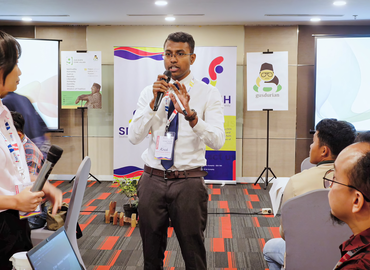
Communities suffer, not only from the echoes of broken men’…
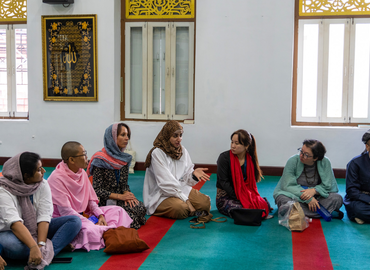
Peacebuilding today requires more than technical solutions; it demands inclusive, values-…

